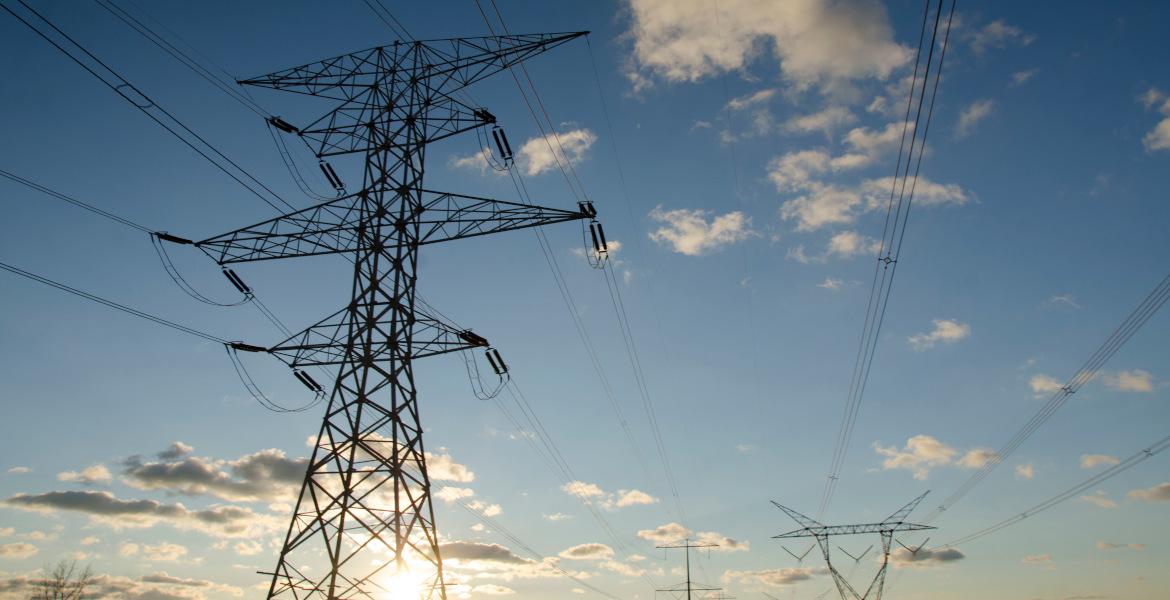EU plans to tighten rules on wood-burning stoves and fireplaces have become a source of debate within the EU and not least in Sweden. Stricter emission limits and electricity connection requirements risk increasing costs for users by thousands of euros a year and affecting a beloved heating method.
The European Commission is currently drafting a new Ecodesign Regulation and plans to introduce it in 2027. The proposal lowers the soot particle limit from 1 500 milligrams to 500 milligrams and requires new stoves to be connected to the electricity grid for automatic combustion control.
The aim is to reduce emissions and support the EU’s climate goals, but the rules only apply to new installations – not to existing stoves.
Critics have reacted strongly to the proposal. The industry association CEFACD, which represents manufacturers of stoves and fireplaces, warns of soaring costs and fewer people upgrading to modern models.
“Threat to Swedish interests”
Frank Kienle from CEFACD states in conversation with Samnytt: – Higher prices can discourage upgrades, which harms both the environment and the industry.
– Some development is needed. It’s the same with the car industry. The lifetime of a car is maybe ten to fifteen years. For a stove it is a bit different. It can easily last for fifty years.
Swedish politicians, such as Beatrice Timgren (SD), agree and point to the risks for Sweden’s total defense, where stoves play an important role during power outages.
– The proposal now on the table is a direct threat to Swedish interests. Our total defense cannot be made dependent on the electricity grid, says Beatrice Timgren.
Translation of above tweet: “Who is affected by this proposal? There are at least 1.9 million different types of stoves and fireplaces in Sweden today. Like almost everything else in our lives, they are subject to EU micromanagement. A plethora of directives, regulations and decisions from Brussels govern every detail of the design of the products used to heat many of our cottages and houses.
House, villa and cottage owners can be forced to pay for expensive renovations and be forced to use less efficient heating systems. This is an ill-considered blow to the Swedish dream of disconnected and natural cottage life.
The rules are now proposed to be changed and will be discussed in the Commission’s expert group Forum on Ecodesign and Energy Labeling”
“The wood stove rebellion”
Sweden has a history of resistance to similar rules. In 2017, the National Board of Housing, Building and Planning introduced a ban on new installations of older wood-burning stoves, but after protests via the Facebook group “Vedspisupproret” (The Wood Stove Rebellion), the authority backed down two years later.
The movement brought together thousands of Swedes to defend the cultural and practical value of the stove, and the government was even sent logs to protest.
The current proposal is causing concern among small house owners, especially in sparsely populated areas. Electricity connection requirements work poorly for holiday homes without access to the electricity grid, with estimated costs of tens of thousands of euros for some users.
The industry argues that modern stoves meet the high standards set by the 2022 ecodesign rules, which reduce emissions by up to 90% compared to older models.
However, the EU’s work on the regulation has faced obstacles. Euractiv reported in February this year that the European Commission is postponing the presentation of the draft due to technical adjustments.
Timgren’s comments capture the frustration of many who see the stove as part of Swedish life, not just a source of heat. Meanwhile, European manufacturers risk losing ground to cheaper Chinese alternatives, according to CEFACD
Translation of above tweet: “What might the cost be? If cottage owners want to heat their houses, they will have to arrange their own electricity supply. If you live 600 meters from a connection point, such a connection costs SEK 148 875 (€13,600), according to Vattenfall. There are over 610,000 holiday homes in Sweden. This is an attack on Swedish cottage life.”
Tradition and independence.
A 2018 European Commission report shows that domestic wood burning causes over 45% of fine particle emissions in the EU, despite accounting for only 2.7% of energy use.
Proponents argue that stricter requirements will improve air quality, while others wonder whether better information on burning techniques would be more effective. The debate thus reflects a difficult balancing act between different interest groups.
Past protests show that stoves are not just about heating, but also about tradition and independence. As the EU fine-tunes the rules, it will be crucial to balance environmental benefits against practical and cultural needs – a challenge that is expected to continue to shape the debate until 2027.








